Atlanta, GA Commercial Real Estate for Lease and Sale
Explore 1,134 listings of Atlanta commercial real estate to find the best space for your business.
-
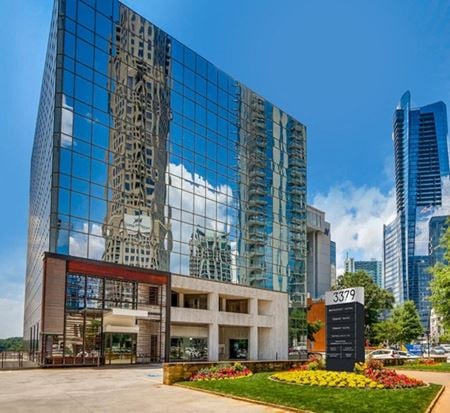 3379 Peachtree Road Northeast #700, Atlanta, GA
3379 Peachtree Road Northeast #700, Atlanta, GA3379 Peachtree Road Northeast
Lucid Private OfficesServices- Virtual Office
- Open Workspace
Amenities -
 5 Concourse Pkwy, Hammond Hills, Atlanta, GAProperty
5 Concourse Pkwy, Hammond Hills, Atlanta, GAProperty- Office
- 687,107 SF
Availability- 1 Space
- 25,212 SF
Year Built- 1988
For Lease- $25.00/SF/YR
-
 8385 Dunwoody Pl, Masons Creek, Sandy Springs, GAProperty
8385 Dunwoody Pl, Masons Creek, Sandy Springs, GAProperty- Office
- 4,582 SF
Availability- 1 Space
- 4,582 SF
Year Built- 1985
For Lease- $17.85/SF/YR
-
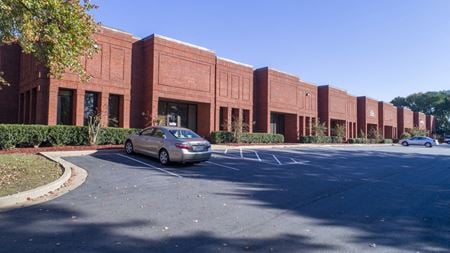 3120-3130 South Martin Street, Eagan Park, East Point, GAProperty
3120-3130 South Martin Street, Eagan Park, East Point, GAProperty- Industrial
- 84,448 SF
Availability- 2 Spaces
- 11,991 SF
Year Built- 1989
For Lease Contact for pricing -

What type of listing property are you looking for?
-
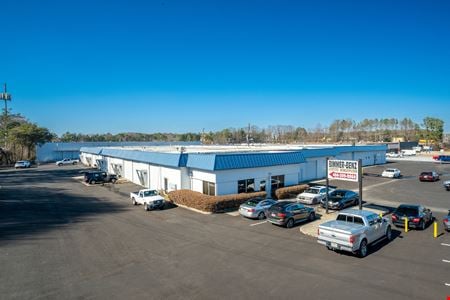 4787 Clark Howell Highway, Terrell Estates, College Park, GA
4787 Clark Howell Highway, Terrell Estates, College Park, GA -
 3236 and 3240 Roswell Rd and 18 East Andrews Dr NW, South Tuxedo Park, Atlanta, GAProperty
3236 and 3240 Roswell Rd and 18 East Andrews Dr NW, South Tuxedo Park, Atlanta, GAProperty- Retail
- 5,250 SF
For Sale- $6,500,000
-
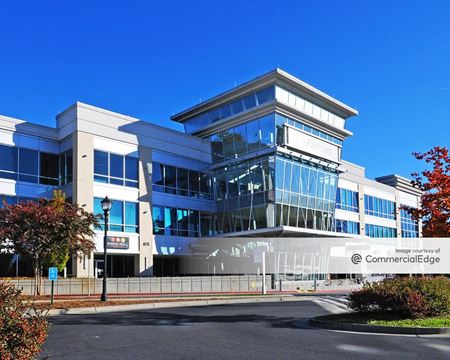 6115 Peachtree Dunwoody Road, Dunwoody Springs, Sandy Springs, GAProperty
6115 Peachtree Dunwoody Road, Dunwoody Springs, Sandy Springs, GAProperty- Office
- 223,748 SF
Availability- 3 Spaces
- 55,513 SF
Year Built- 1981
For Lease Contact for pricing -
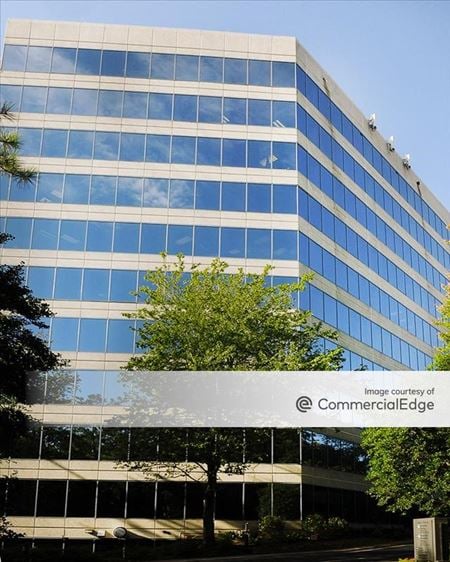 990 NE Hammond Drive, Dunwoody Springs, Sandy Springs, GAProperty
990 NE Hammond Drive, Dunwoody Springs, Sandy Springs, GAProperty- Office
- 223,000 SF
Availability- 1 Space
- 5,251 SF
Year Built- 1985
For Lease- $23.00/SF/YR
-
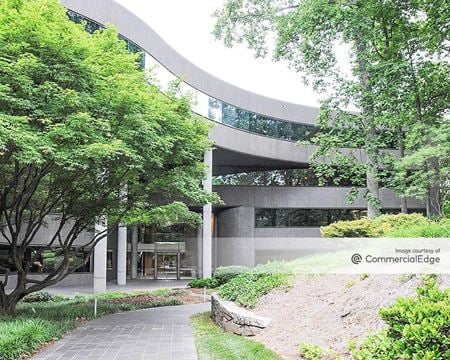 3520 Piedmont Road NE, Buckhead Forest, Atlanta, GAProperty
3520 Piedmont Road NE, Buckhead Forest, Atlanta, GAProperty- Office
- 90,916 SF
Availability- 1 Space
- 10,000 SF
Year Built- 1983
For Lease- $23.50/SF/YR
-
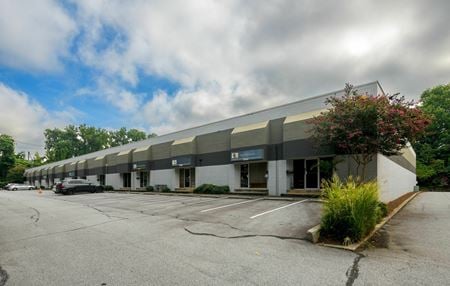 3931-3955 Oakcliff Ind Ct, Northcrest, Doraville, GA
3931-3955 Oakcliff Ind Ct, Northcrest, Doraville, GA -
 +/-5.03 ACRES BUTNER ROAD, Cliftondale, SOUTH FULTON, GAProperty
+/-5.03 ACRES BUTNER ROAD, Cliftondale, SOUTH FULTON, GAProperty- VacantLand
For Sale- Subject To Offer
-
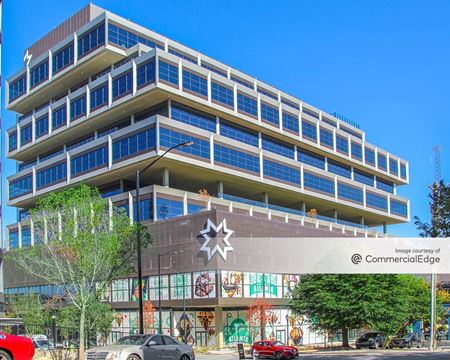 1055 Howell Mill Road NW, Home Park, Atlanta, GAProperty
1055 Howell Mill Road NW, Home Park, Atlanta, GAProperty- Office
- 287,237 SF
Availability- 2 Spaces
- 43,807 SF
Year Built- 2021
For Lease Contact for pricing -
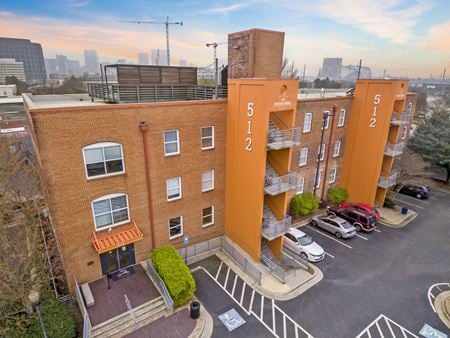 512 Means Street, Marietta Street Artery, Atlanta, GAProperty
512 Means Street, Marietta Street Artery, Atlanta, GAProperty- Office
- 41,850 SF
Availability- 1 Space
- 1,888 SF
Year Built- 1900
For Lease- $39.50/SF/YR
-
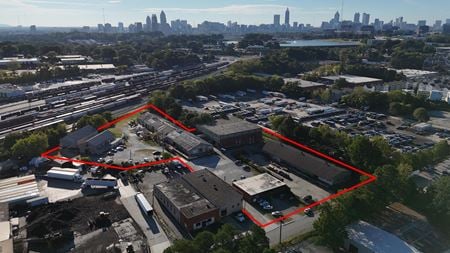 1575-1593 Huber St NW, Blandtown, Atlanta, GAProperty
1575-1593 Huber St NW, Blandtown, Atlanta, GAProperty- Industrial
- 79,084 SF
Availability- 6 Spaces
- 79,084 SF
Year Built- 1948
For Lease Contact for pricing -
 1100 Peachtree Street Northeast, Suite 200, Atlanta, GA
1100 Peachtree Street Northeast, Suite 200, Atlanta, GAPeachtree Offices - Midtown Atlanta
Peachtree Offices Peachtree StServices- Meeting Room
- Private Office
Amenities -
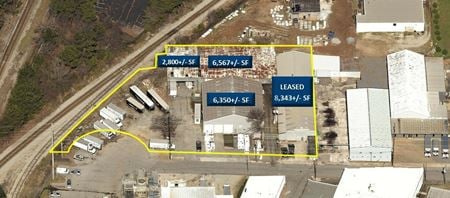 1577 & 1587 East Taylor Avenue, East Washington, East Point, GAProperty
1577 & 1587 East Taylor Avenue, East Washington, East Point, GAProperty- Industrial
- 24,060 SF
For Sale- $2,500,000
-
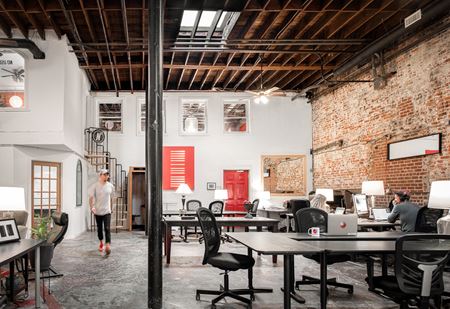 691 John Wesley Dobbs Avenue Northeast Suite C, Atlanta, GA
691 John Wesley Dobbs Avenue Northeast Suite C, Atlanta, GAAlkaloid Networks
Alkaloid NetworksServices- Virtual Office
- Open Workspace
- Meeting Room
- Private Office
- Dedicated Desk
Amenities -
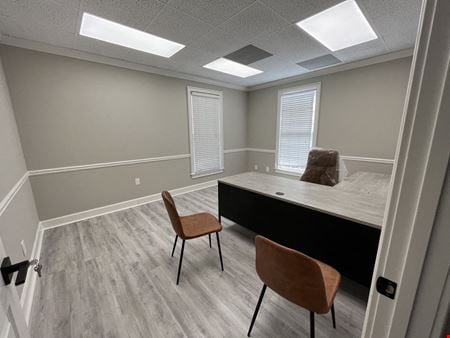 750 Hammond Drive Bldg 16, Aberdeen Forest, Atlanta, GAProperty
750 Hammond Drive Bldg 16, Aberdeen Forest, Atlanta, GAProperty- Office
- 6,300 SF
Availability- 5 Spaces
- 883 SF
For Lease- $795.00 - $1,300.00/MO
-
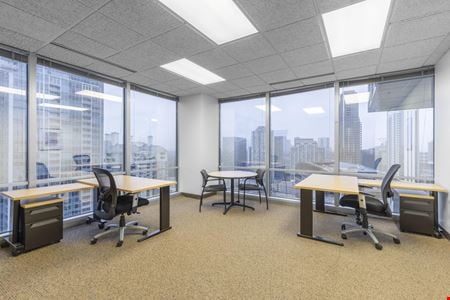 3340 Peachtree Road, NE Suite 1800, Atlanta, GA
3340 Peachtree Road, NE Suite 1800, Atlanta, GATower Place
HQServices- Virtual Office
- Open Workspace
- Private Office
- Dedicated Desk
Amenities -
 745, 755 & 765 Echo Street, English Avenue, Atlanta, GAProperty
745, 755 & 765 Echo Street, English Avenue, Atlanta, GAProperty- Office
- 300,000 SF
Availability- 9 Spaces
- 370,247 SF
Year Built- 2023
For Lease Contact for pricing -
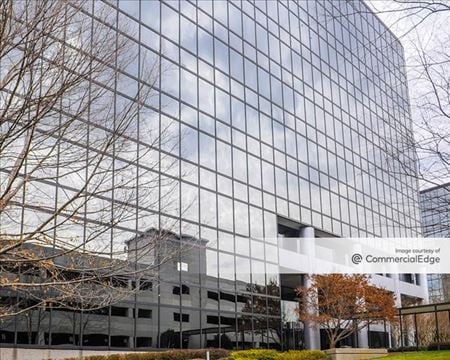 2635 Century Pkwy, Frontier Woods, Atlanta, GAProperty
2635 Century Pkwy, Frontier Woods, Atlanta, GAProperty- Office
- 228,158 SF
Availability- 2 Spaces
- 5,480 SF
Year Built- 1980
For Lease- $28.50/SF/YR
-
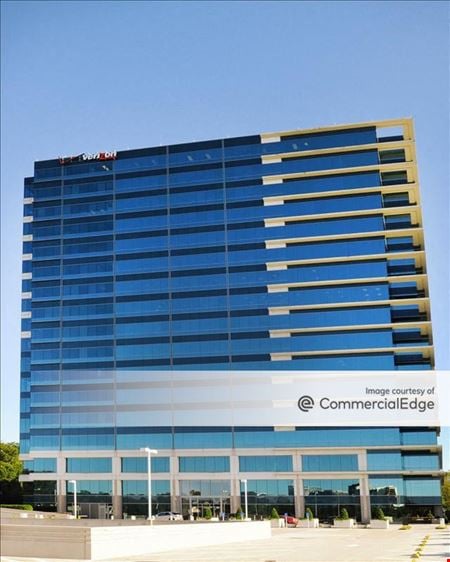 2002 Summit Blvd, North Brookhaven, Atlanta, GAProperty
2002 Summit Blvd, North Brookhaven, Atlanta, GAProperty- Office
- 423,195 SF
Availability- 14 Spaces
- 312,695 SF
Year Built- 2002
For Lease Contact for pricing -
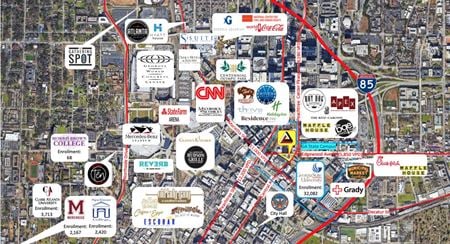 50 Hurt Plaza SE, Downtown Atlanta, Atlanta, GAProperty
50 Hurt Plaza SE, Downtown Atlanta, Atlanta, GAProperty- Retail
- 436,340 SF
Availability- 5 Spaces
- 31,864 SF
Year Built- 1913
For Lease Contact for pricing -
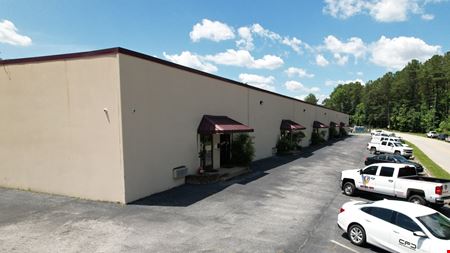 75 Mendel Drive, Utoy Creek, South Fulton, GAProperty
75 Mendel Drive, Utoy Creek, South Fulton, GAProperty- Industrial
- 22,502 SF
Availability- 1 Space
- 2,050 SF
Year Built- 1973
For Lease- $10.50/SF/YR
-
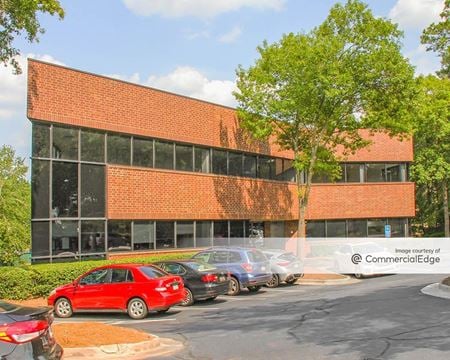 1900 Century Place NE, Frontier Woods, Atlanta, GAProperty
1900 Century Place NE, Frontier Woods, Atlanta, GAProperty- Office
- 43,301 SF
Availability- 3 Spaces
- 7,399 SF
Year Built- 1982
For Lease Contact for pricing -
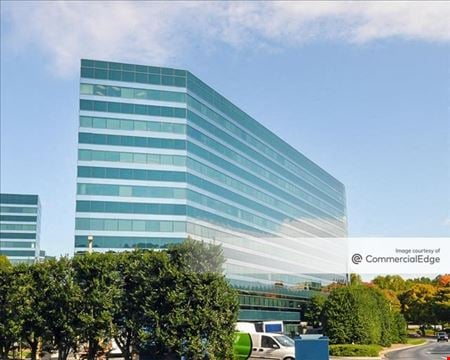 2 Concourse Pkwy, Hammond Hills, Atlanta, GAProperty
2 Concourse Pkwy, Hammond Hills, Atlanta, GAProperty- Office
- 288,816 SF
Availability- 7 Spaces
- 75,831 SF
Year Built- 1985
For Lease- $36.00/SF/YR
-
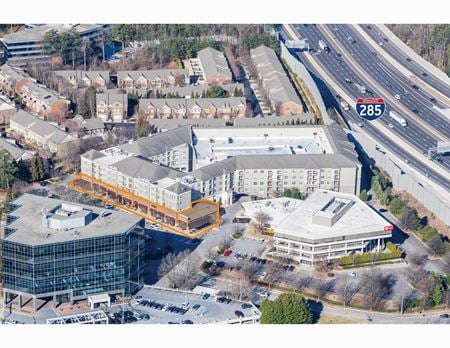 5610 Glenridge Drive, Glenridge Heights, Sandy Springs (Atlanta), GAProperty
5610 Glenridge Drive, Glenridge Heights, Sandy Springs (Atlanta), GAProperty- Retail
- 20,001 SF
Year Built- 2011
For Sale- $11,225,000
-
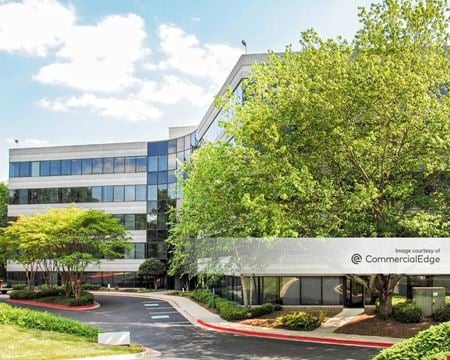 6100 Lake Forrest Drive NW, Rivershore Estates, Atlanta, GAProperty
6100 Lake Forrest Drive NW, Rivershore Estates, Atlanta, GAProperty- Office
- 95,739 SF
Availability- 1 Space
- 3,870 SF
Year Built- 1984
For Lease Contact for pricing -
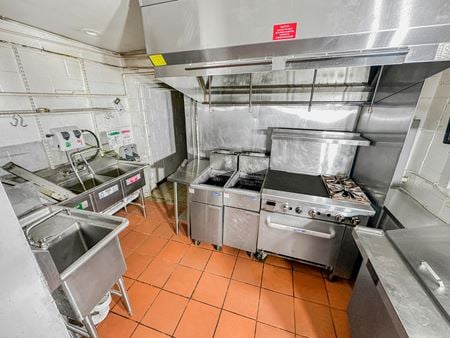 334 Mcdaniel St SW, Castleberry Hill, Atlanta, GAProperty
334 Mcdaniel St SW, Castleberry Hill, Atlanta, GAProperty- Retail
- 738 SF
Availability- 1 Space
- 738 SF
Year Built- 1955
For Lease- $45.00/SF/YR
-
 1200 Peachtree Street NE, Midtown Atlanta, Atlanta, GAProperty
1200 Peachtree Street NE, Midtown Atlanta, Atlanta, GAProperty- Office
- 370,000 SF
Availability- 5 Spaces
- 95,775 SF
Year Built- 1981
For Lease Contact for pricing -
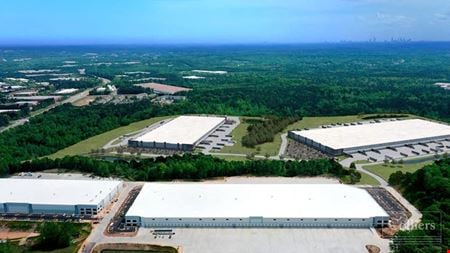 1950 Oak Lawn Ave, Fulton Industrial, Georgia 30331, GA
1950 Oak Lawn Ave, Fulton Industrial, Georgia 30331, GA -
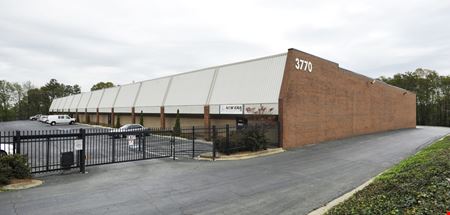 3770 Zip Industrial Blvd., Ste C, Blair Villa - Poole Creek, Atlanta, GAProperty
3770 Zip Industrial Blvd., Ste C, Blair Villa - Poole Creek, Atlanta, GAProperty- Other
- 15,017 SF
Availability- 1 Space
- 15,017 SF
For Lease- $10.75/SF/YR
-
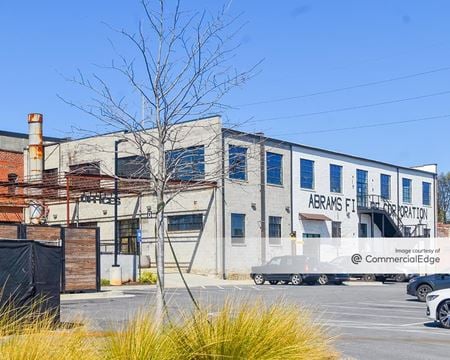 565 Northside Drive SW, Adair Park, Atlanta, GAProperty
565 Northside Drive SW, Adair Park, Atlanta, GAProperty- Office
- 77,768 SF
Availability- 19 Spaces
- 49,578 SF
Year Built- 1920
For Lease Contact for pricing -
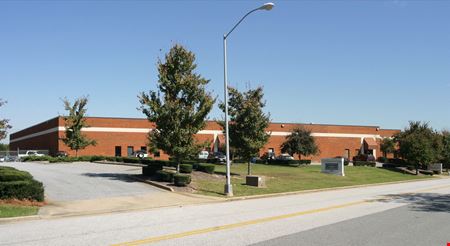 1484 Atlanta Industrial Way, Atlanta Industrial Park, Atlanta, GA
1484 Atlanta Industrial Way, Atlanta Industrial Park, Atlanta, GA -
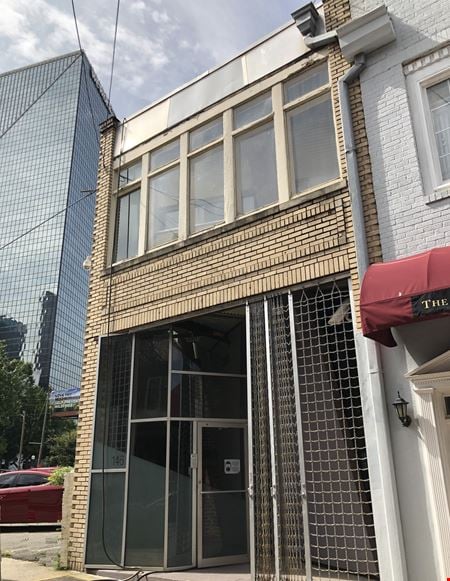 146 Nassau Street NW, Downtown Atlanta, Atlanta, GAProperty
146 Nassau Street NW, Downtown Atlanta, Atlanta, GAProperty- Office
- 3,488 SF
Year Built- 1910
For Sale- Inquire for Pricing
-
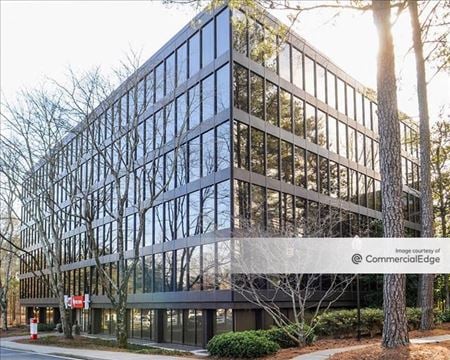 41 Perimeter Center East, Georgetown, Atlanta, GAProperty
41 Perimeter Center East, Georgetown, Atlanta, GAProperty- Office
- 94,734 SF
Availability- 1 Space
- 7,660 SF
Year Built- 1974
For Lease Contact for pricing -
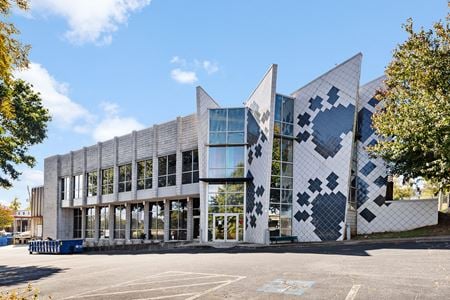 981 Howell Mill Road, Home Park, Atlanta, GAProperty
981 Howell Mill Road, Home Park, Atlanta, GAProperty- Office
- 49,463 SF
Availability- 4 Spaces
- 44,022 SF
For Lease- $12.11 - $13.11/SF/YR
-
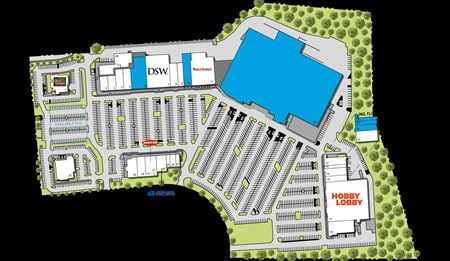 Ashford Dunwoody Rd. & Meadow Lane Rd., Heart of Dunwoody, Atlanta, GA
Ashford Dunwoody Rd. & Meadow Lane Rd., Heart of Dunwoody, Atlanta, GA -
 2790 Donald Lee Hollowell Pkwy NW, Collier Heights, Atlanta, GAProperty
2790 Donald Lee Hollowell Pkwy NW, Collier Heights, Atlanta, GAProperty- VacantLand
Availability- 1 Space
- 145,926 SF
For Lease- $4,000.00/MO
-
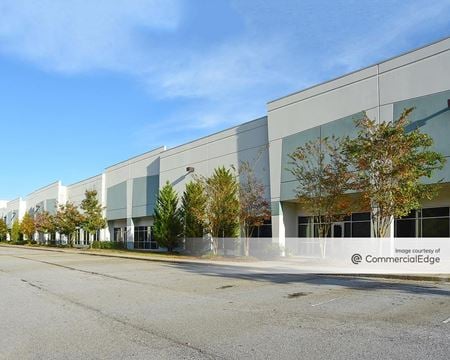 3640 Royal South Pkwy, Buffington Park, Atlanta, GAProperty
3640 Royal South Pkwy, Buffington Park, Atlanta, GAProperty- Industrial
- 116,848 SF
Availability- 1 Space
- 116,848 SF
Year Built- 2007
For Lease Contact for pricing -
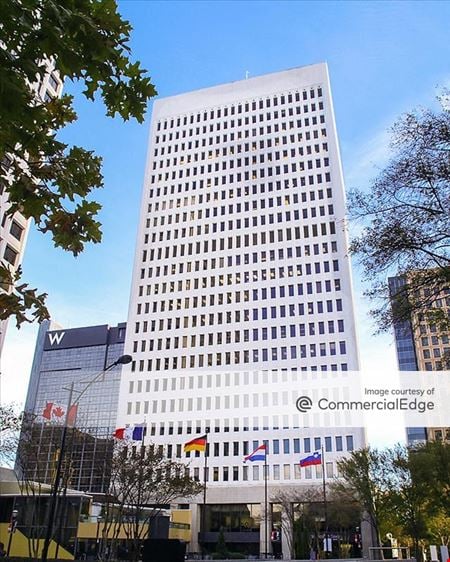 1175 Peachtree Street NE, Midtown Atlanta, Atlanta, GAProperty
1175 Peachtree Street NE, Midtown Atlanta, Atlanta, GAProperty- Office
- 325,456 SF
Availability- 1 Space
- 1,000 SF
Year Built- 1969
For Lease Contact for pricing -
 1001 Research Center Drive, Cascade Cove, Atlanta, GAProperty
1001 Research Center Drive, Cascade Cove, Atlanta, GAProperty- Other
- 40,547 SF
Year Built- 1999
For Sale- $3,200,000
-
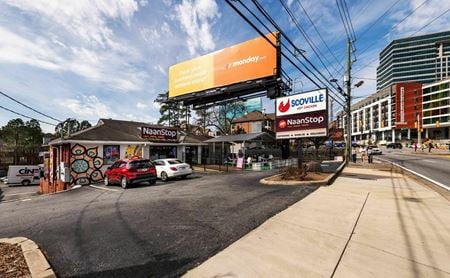 3420 Piedmont Rd, Buckhead Forest, Atlanta, GA
3420 Piedmont Rd, Buckhead Forest, Atlanta, GA -
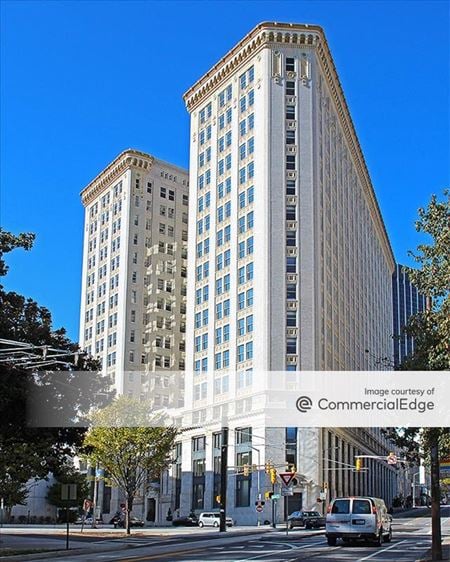 50 Hurt Plaza SE, Downtown Atlanta, Atlanta, GAProperty
50 Hurt Plaza SE, Downtown Atlanta, Atlanta, GAProperty- Office
- 436,340 SF
Availability- 16 Spaces
- 58,395 SF
Year Built- 1913
For Lease Contact for pricing -
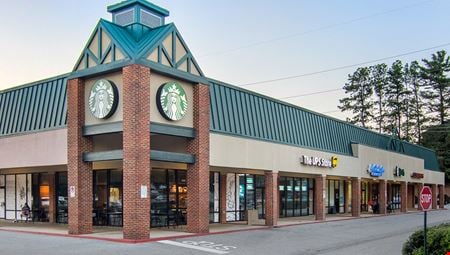 2036 Johnson Ferry Road, North Brookhaven, Atlanta, GA
2036 Johnson Ferry Road, North Brookhaven, Atlanta, GA -
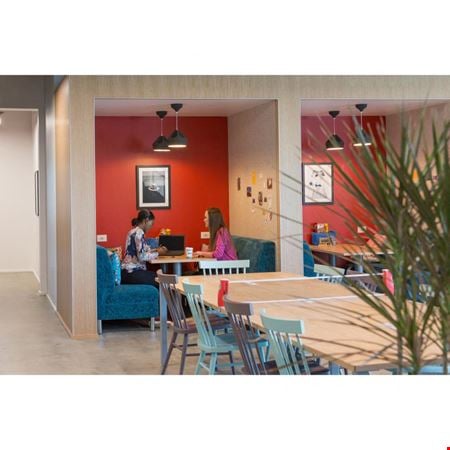 One Glenlake Parkway #650 & 700, Atlanta, GAServices
One Glenlake Parkway #650 & 700, Atlanta, GAServices- Virtual Office
- Open Workspace
- Private Office
- Dedicated Desk
Amenities -
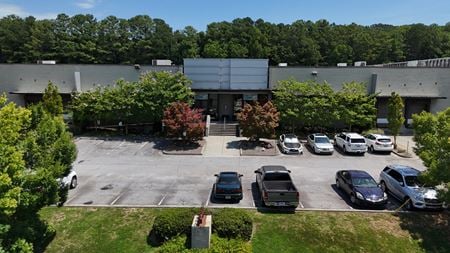 2279 Defoor Hills Road, Underwood Hills, Atlanta, GA
2279 Defoor Hills Road, Underwood Hills, Atlanta, GA -
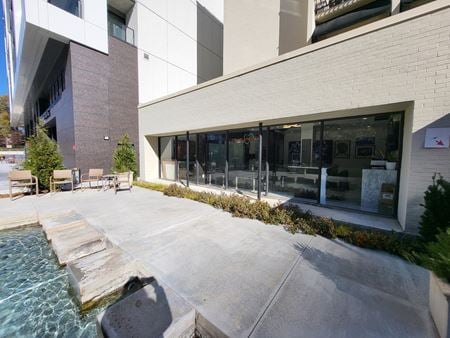 1421 Peachtree St NE, Midtown Atlanta, Atlanta, GAProperty
1421 Peachtree St NE, Midtown Atlanta, Atlanta, GAProperty- Office
- 1,300 SF
Availability- 1 Space
- 1,300 SF
Year Built- 1960
For Lease- $8,000.00/MO
-
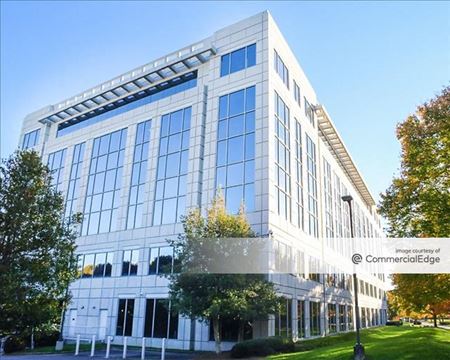 2400 Century Pkwy, Frontier Woods, Atlanta, GAProperty
2400 Century Pkwy, Frontier Woods, Atlanta, GAProperty- Office
- 135,198 SF
Availability- 1 Space
- 23,809 SF
Year Built- 1998
For Lease- $28.00/SF/YR
-
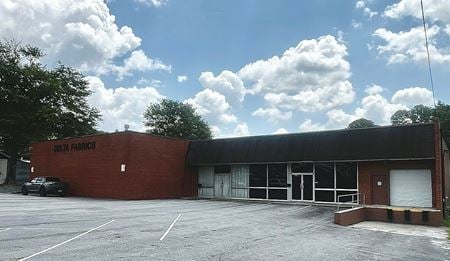 3282 Laventure Drive, Clairmont Park, Chamblee, GA
3282 Laventure Drive, Clairmont Park, Chamblee, GA -
 2200 Lake Boulevard Northeast, Brookhaven Heights, Atlanta, GAProperty
2200 Lake Boulevard Northeast, Brookhaven Heights, Atlanta, GAProperty- Office
- 34,000 SF
For Sale- Call For Info
-
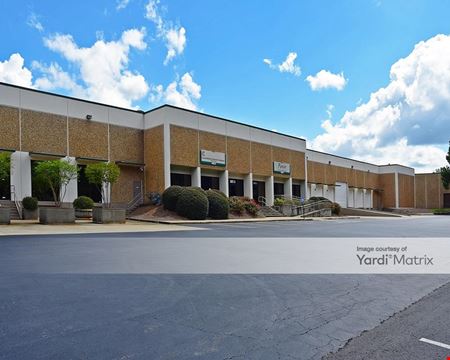 400 Indeco Blvd SW, Utoy Creek, Atlanta, GAProperty
400 Indeco Blvd SW, Utoy Creek, Atlanta, GAProperty- Industrial
- 159,607 SF
Availability- 1 Space
- 35,284 SF
Year Built- 1981
For Lease Contact for pricing

